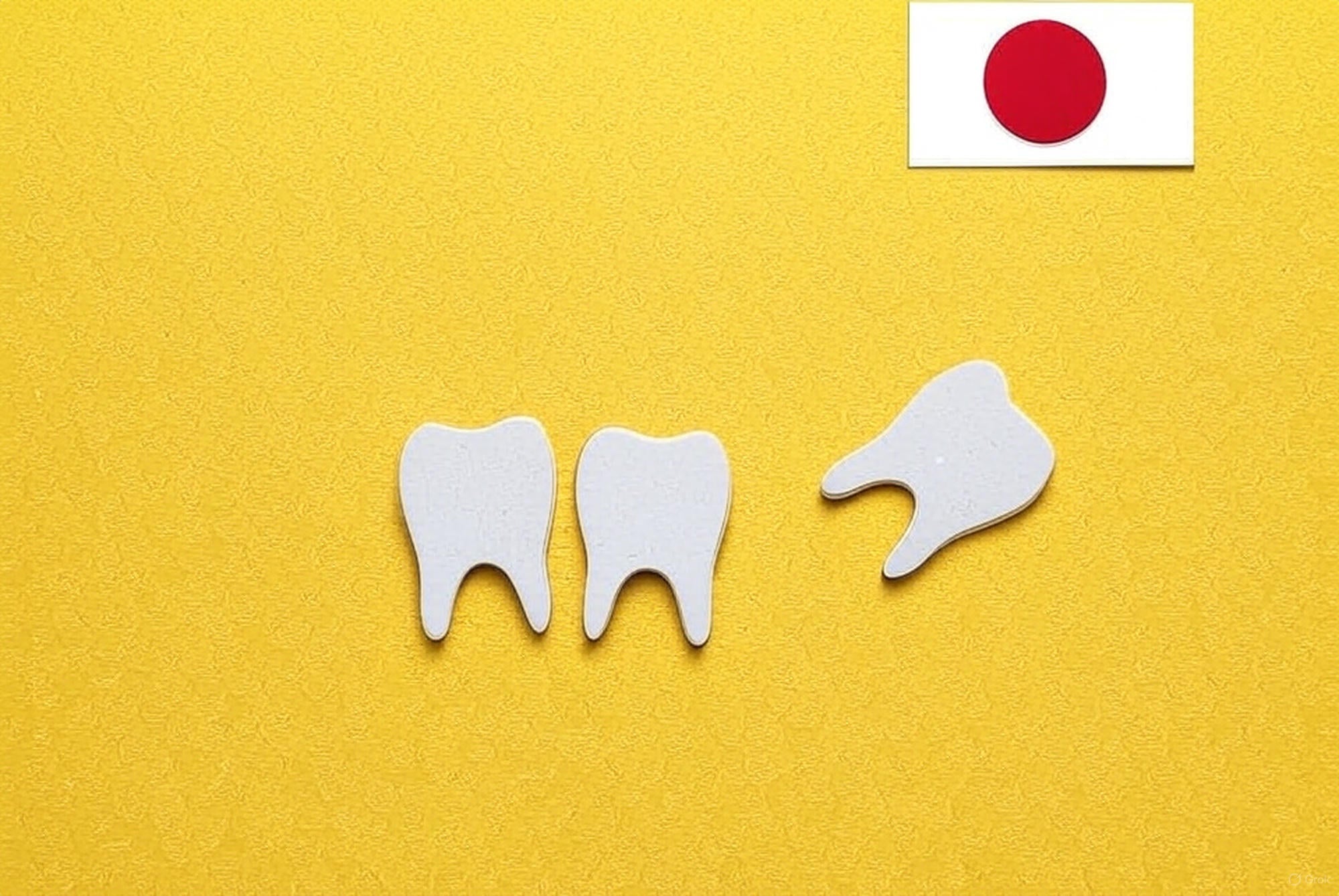Japan’s Groundbreaking Tooth Regrowth Drug: Could Dentures Be Obsolete?
Introduction
Imagine losing a tooth and instead of opting for dentures or implants, your body naturally grows a replacement. This futuristic scenario is becoming reality thanks to Japanese scientists and biotech innovators. In a viral X post from October 12, 2025, user @gunsnrosesgirl3 shared X-ray images showing newly regrown teeth, claiming the discovery could end dentures and implants forever. The post attracted over 72,000 likes and millions of views, igniting global interest in this revolutionary medical advancement.
Scientists in Japan have created a drug that lets humans regrow lost teeth naturally pic.twitter.com/Z8WxMy8So1
— Science girl (@gunsnrosesgirl3) October 12, 2025
The Science Behind the Breakthrough
The drug at the heart of this innovation is a monoclonal antibody developed by Toregem Biopharma in collaboration with Dr. Katsu Takahashi at Kitano Hospital and Kyoto University. It targets a protein called USAG-1 (Uterine Sensitization-Associated Gene-1), which naturally inhibits tooth growth by interfering with BMP (Bone Morphogenetic Protein) signaling.
By neutralizing USAG-1, dormant tooth buds in the jaw are activated, prompting the body to regrow teeth naturally. Unlike traditional dental solutions, this approach stimulates biological regeneration rather than artificial replacement.
Humans normally develop two sets of teeth—baby and permanent—but evolutionary mechanisms suppress additional growth. Animal studies using mice and ferrets, which share similar dental patterns with humans, confirmed the drug’s ability to regrow teeth safely. Ferrets, in particular, provided compelling evidence of the method’s effectiveness in diphyodont species.
Current Clinical Trials and Timeline
Human trials began in September 2024 at Kyoto University Hospital. The first phase involves 30 adult men aged 30–64 who are missing at least one tooth. They receive intravenous doses over 11 months to evaluate safety, efficacy, and dosing.
If successful, the second phase will focus on children aged 2–7 with congenital anodontia, a condition where multiple teeth fail to develop. Toregem Biopharma aims to extend the drug’s application to all individuals with tooth loss due to injury, decay, or aging. Regulatory approval could make the drug widely available by 2030.
Potential Impact and Challenges
This drug could revolutionize dentistry and oral health globally. With over 120 million Americans missing at least one tooth, a natural regenerative solution could eliminate the need for dentures or implants.
However, significant challenges remain:
- Ensuring new teeth grow correctly in size, alignment, and strength.
- Monitoring long-term side effects in humans.
- Managing costs and accessibility for widespread adoption.
Despite these hurdles, the potential benefits—from improving children’s nutrition to preventing oral frailty in the elderly—are enormous.
FAQs
Q1: Is this drug already available for humans?
No, it is currently undergoing clinical trials. Initial results in humans have not been publicly released.
Q2: How does this drug differ from dental implants?
Unlike implants, the drug stimulates the body to regrow natural teeth instead of replacing them with artificial ones.
Q3: Are there any side effects?
Animal trials showed no notable side effects, but human trials are ongoing to confirm safety.
Q4: When could this become widely available?
If trials succeed and regulators approve, it may be available by 2030.
Q5: Who can participate in the trials?
Currently, trials focus on adults missing teeth and children with congenital tooth defects. Interested individuals should contact Kitano Hospital for details.
Conclusion
Japan’s tooth regrowth drug represents a paradigm shift in dental care. By leveraging the body’s innate regenerative ability, it challenges centuries of reliance on dentures and implants. While human trials are still in progress, the science is sound, and the implications are profound: a world where losing a tooth no longer means permanent replacement with artificial devices.
If successful, this innovation will not just transform dentistry—it will redefine human health, aging, and the concept of biological repair. As researchers refine the treatment, the dream of naturally regrown teeth could soon move from viral posts and lab studies to everyday reality, reshaping the future of oral care for generations.


0 comments